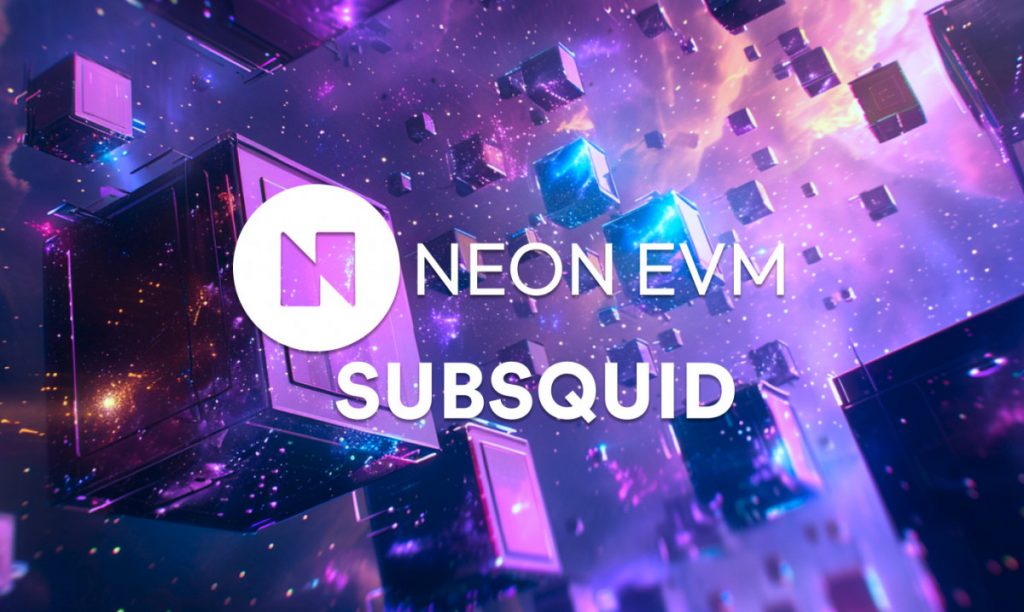
Subsquid Partners with Neon EVM for Solana Integration
Subsquid, a decentralized data lake and query engine, has partnered with Neon EVM to integrate on-chain data from Solana into its platform.
Subsquid, a Web3 data lake and query engine, has announced a partnership with Neon EVM, an on-chain solution that brings native EVM to the Solana database. This agreement, as a first step in expanding the project on the Solana blockchain, will provide Subsquid’s dApp developers with better access to the Neon EVM’s on-chain data.
They will incorporate Neon EVM’s on-chain data into its zero-knowledge (ZK) proof-protected decentralized data lake. Developers creating decentralized applications on the Neon platform will have easier access to current data thanks to this integration.
Neon EVM, with its implementation as a smart contract on the Solana network, functions as an environment compatible with Ethereum. In an effort to address problems like high gas fees, low liquidity, and long waiting times, it offers Ethereum solutions, including infrastructure and tools, signatures and accounts, and ERC-20 token specifications. In addition, it is able to significantly reduce these limitations while functioning on the Solana network.
How does subsquid work?
With its decentralized data lake and query engine, Subsquid offers an alternative to infrastructure businesses with a centralized focus, like API service providers. Among its features are the ability to build applications, index blockchains, and conduct analytics. It gives developers inexpensive access to on-chain data from over a hundred different blockchains. A wide variety of developer tools, like Subsquid, are native to Web2 and Web3 environments.
Presently, Enjin, Manta Network, and Parity are all involved with the project. The network supports Ethereum, its Layer 2 solutions, and substrate, which includes Kusama and Polkadot.
One of Subsquid’s primary goals for the first half of 2024 is to complete the Solana network expansion. On top of this accomplishment, the platform plans to launch its mainnet later this year, add support for Cosmos, and introduce permissionless dataset submission.





